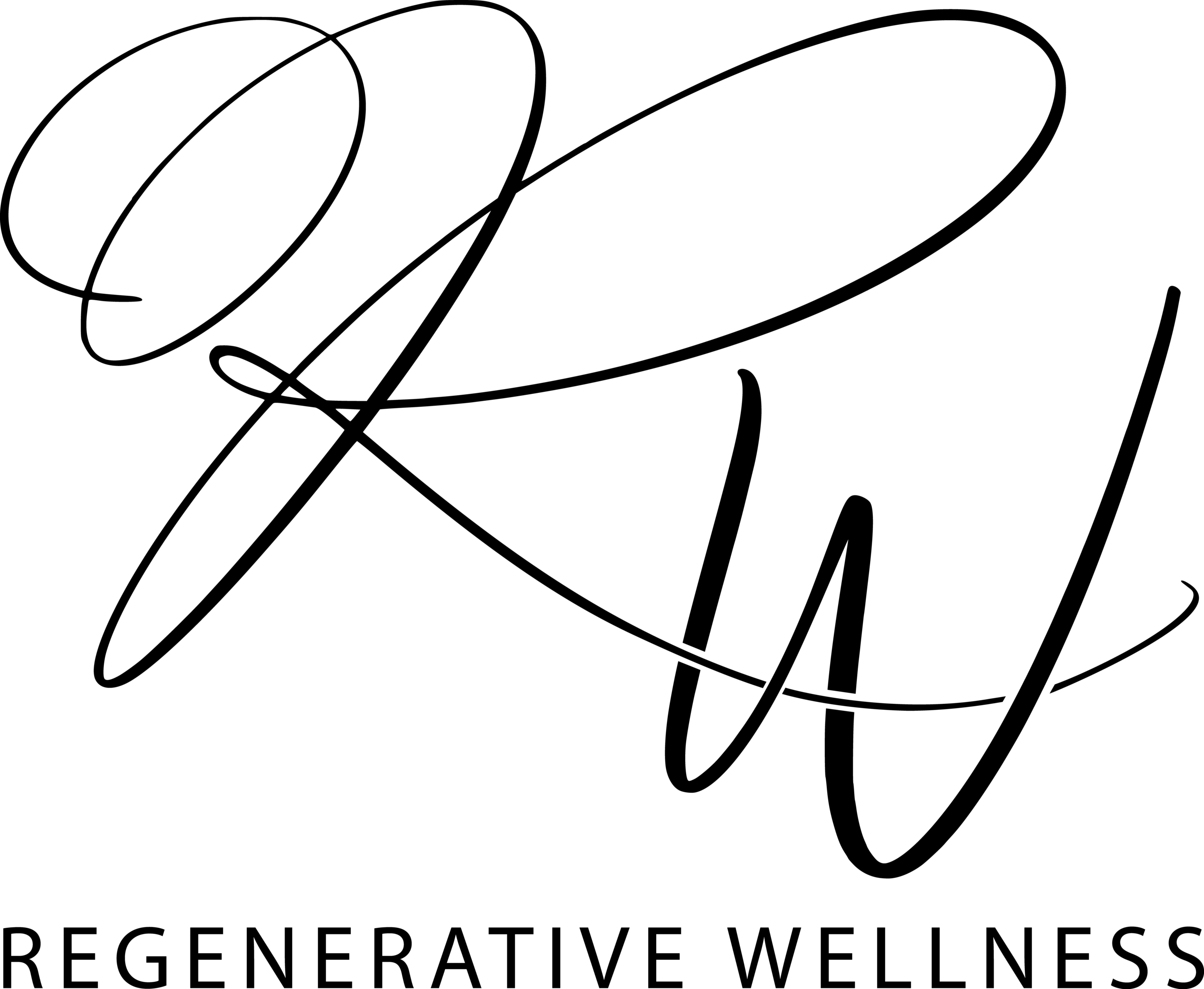Vegetable Glycerine
What Is It?
Vegetable glycerine, also known as glycerol, is a clear, odourless, and slightly sweet liquid derived from plant oils (typically coconut, palm, or soybean). It is a humectant, meaning it attracts and retains moisture, making it a key ingredient in cosmetics, skincare and food. It is also used in DIY recipes like lotions, soaps, herbal extracts, and natural sweeteners.
INCI (International Nomenclature of Cosmetic Ingredients)
Glycerine
Proper Storage & Shelf Life
Store in a cool, dry place, away from direct sunlight. Keep in an airtight container to prevent contamination. Shelf life: 2-5 years if stored properly.
Refined Or Unrefined
Refined (pure, food-grade)
Is It Necessary?
Not essential, but highly beneficial in skincare, hair care, herbal extractions, and DIY beauty recipes due to its ability to hydrate, soften, and smooth skin.
Texture & Consistency
Thick, syrupy liquid, smooth, slightly sticky feel
Natural Scent Profile
Odourless, slightly sweet taste
Solubility & Compatibility
Highly soluble in water
Not soluble in oils
Benefits In Your Skincare
Powerful humectant (draws moisture to the skin)
Softens & smooths skin and hair
Improves spreadability & texture of skincare products
Helps dissolve herbal extracts in tinctures and infusions
Mildly sweet, can be used as a natural sugar alternative in food applications
PH
Typically ranges from 5.0 to 7.0, making it neutral to slightly acidic.
Absorbency Rate
Slow-absorbing, leaves a slightly tacky feel on the skin before fully absorbing.
Recommended Usage Rate
1-10%
Appearance
Clear, viscous liquid.
Strengths
✅ Deeply moisturising & soothing
✅ Non-toxic, eco-friendly & biodegradable
✅ Safe for sensitive skin
✅ Improves product texture & shelf stability
✅ Versatile for skincare, food, and DIY applications
Weaknesses
❌ Sticky texture if used in high concentrations
❌ Can draw moisture out of the skin if humidity is too low
❌ May cause slight greasiness in recipes if overused
❌ Not oil-soluble (requires emulsifiers in oil-based products)
Alternative Ingredients/ Substitutions
Aloe Vera Gel: Hydrating alternative with soothing properties.
Honey: Natural humectant but can be sticky in recipes.
Best Practices
Use in combination with water-based ingredients for best results.
Avoid using more than 10% in skincare to prevent stickiness.
Blend well with herbal extracts for alcohol-free tinctures.
Store in an airtight container to prevent contamination.
Tips & Tricks
For dry skin: Mix glycerine with rose water for a hydrating facial mist.
For hair frizz control: Add a few drops to your conditioner.
For DIY hand sanitiser: Combine with aloe vera gel and alcohol.
For long-lasting moisture: Add to lotions or body butters for enhanced hydration.
Recommended Starter Amount
250mL-500mL for personal use 1L+ for frequent DIY recipes or bulk use
